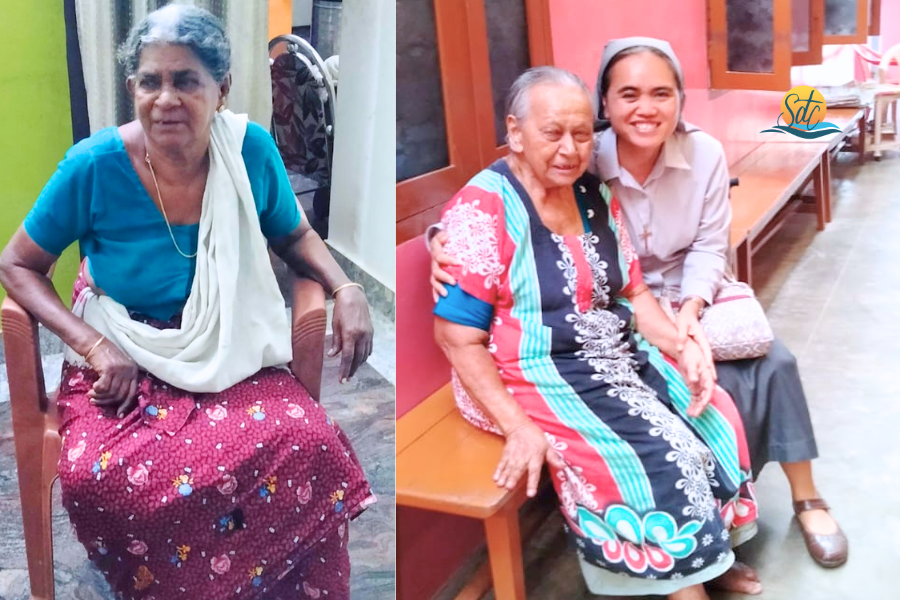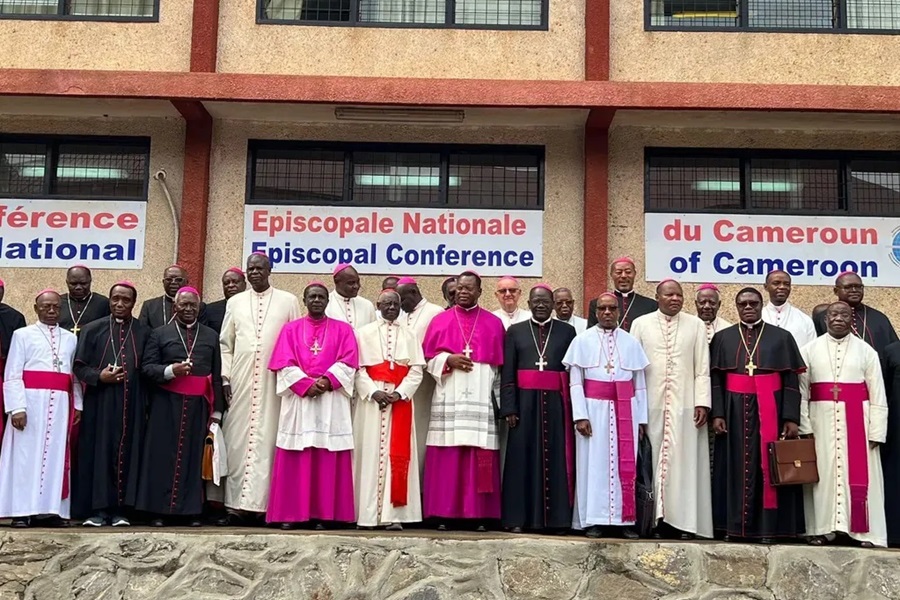We have taken the testimony of a Sister of Charity: the situation of elderly people at home in India can vary widely depending on factors such as socio-economic status, family structure, and cultural norms.
Here are some general aspects:

Family Support: Traditionally, elderly parents in India often live with their adult children and receive support from them. Family members typically take on caregiving responsibilities.
Financial Dependence: Many elderly individuals in India are financially dependent on their children or extended family due to limited retirement benefits or savings.
Healthcare: Access to healthcare can be a concern, especially in rural areas or among lower-income families. Some elderly may not receive adequate medical attention or may face challenges in accessing healthcare facilities.
Isolation vs. Family Bonding: Urbanisation and modern lifestyles sometimes lead to elderly people feeling isolated as younger generations move away for work or education. However, strong family bonds often prevail, with regular family gatherings and involvement in daily household activities.
Elder Abuse: While not universal, elder abuse does occur in India, including neglect, verbal abuse, and financial exploitation. This issue is gaining more attention, and efforts are being made to address it through awareness and legal measures.
Government Initiatives: The Indian government has various schemes and programs aimed at welfare and support for senior citizens, such as pensions, healthcare subsidies, and old age homes.
Increasing old age homes due to family divorce,and other type of broken family situations.it may affect the elderly people for needs and health issues so it pushes them to depend on the old age homes.
Why are abandoned elderly people increasing in India?
Societal Changes: As societies modernise and urbanise, traditional family structures often weaken. Extended families living together or near each other become less common, reducing the support network for the elderly.
Economic Pressures: Financial strain on younger generations can make it difficult for them to care for elderly relatives. The cost of healthcare and eldercare can be prohibitively high, leading some families to abandon or orphane
Changing Attitudes: There has been a cultural shift in some societies where individualism and personal freedom are prioritised over familial duties. This can result in less willingness to take on the responsibility of caring for ageing parents or relative
Inadequate Social Services: In many places, the social services and support systems for the elderly are insufficient. Without adequate government or community support, elderly people may find themselves without the necessary care and resources.
Health Issues: As people live longer, the prevalence of age-related health issues, including dementia and other chronic illnesses, increases. These conditions can make caregiving more challenging and stressful, leading to abandonment in extreme cases.
Migration: In regions with high levels of migration, younger family members might move away for better opportunities, leaving the elderly behind without sufficient support.
In India, the situation of elderly people presents a complex and growing challenge. As the population ages, the number of elderly individuals is increasing significantly. Traditional family support systems, which historically provided care for the elderly, are under strain due to urbanisation, changing social norms, and economic pressures. The younger generation often migrates to urban areas or abroad for better opportunities, leaving many elderly people without adequate support.






